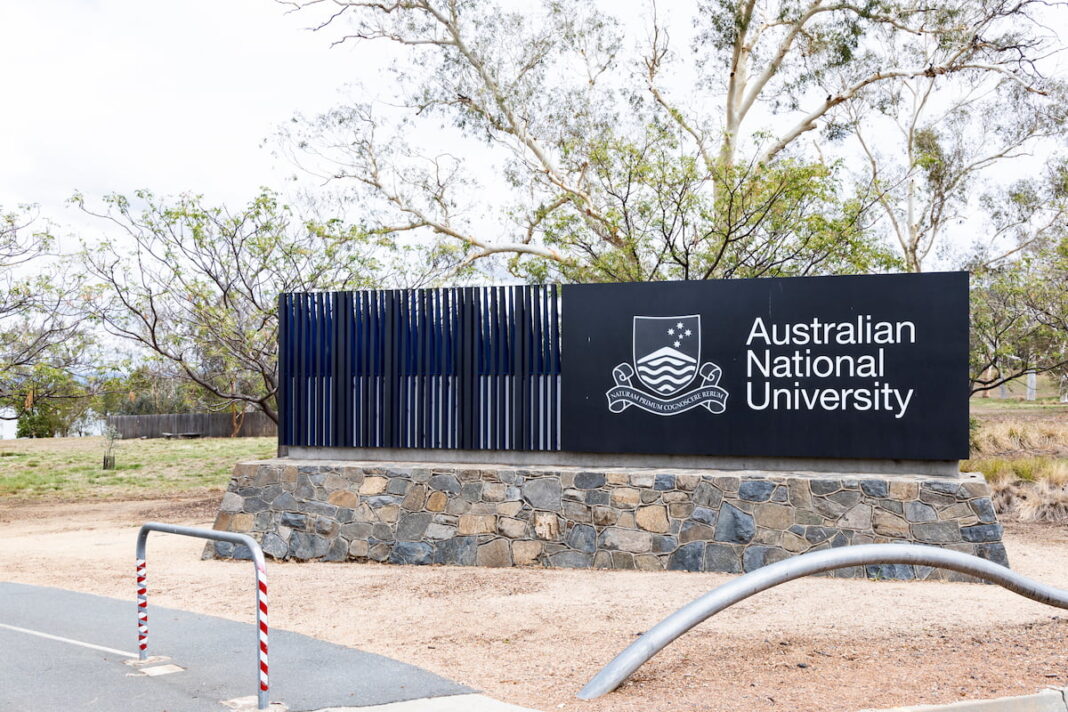In an Australian first, the Australian National University (ANU) has committed to achieving ‘below zero’ carbon emissions by the year 2030.
On Thursday, the ANU announced the Below Zero initative which will see the university tackle the climate crisis by reducing and offsetting emissions.
“Climate change is already here. The past decade includes nine of the 10 hottest years on record around the world – 2019 was Australia’s hottest year ever,” said ANU Vice-Chancellor Brian Schmidt.
“Unfortunately, the world is on track to warm by between 2.8 and 3.2 degrees Celsius by the end of this century.
“Achieving below zero is ambitious and it will involve big changes to the way we do things – but as the national university, we must show leadership in driving a societal transformation to address climate change,” said Professor Schmidt.
The Below Zero initiative will be led by director of the ANU Climate, Energy and Disaster Solutions institute, Mark Howden.
Professor Howden said meeting the target would require organisational and behavioural change from both an institutional and individual level.
“By 2030, the goal is for ANU to achieve below-zero emissions for energy, waste, business travel and direct on-campus greenhouse gas emissions, and we will only use carbon offsets that have a research and teaching connection at the University. Our expertise will drive innovation in this vital sector,” he said.
“Most ANU staff and students feel that the institution and individuals both have critical roles to play in addressing climate change.”
The ANU is only the second university in the world to set the net-negative target, behind LUT University in Finland.
The ANU has also set an interim target of net-zero emissions by 2025, which it calls a “stepping stone” to achieving negative emissions by 2030.
For more news:



